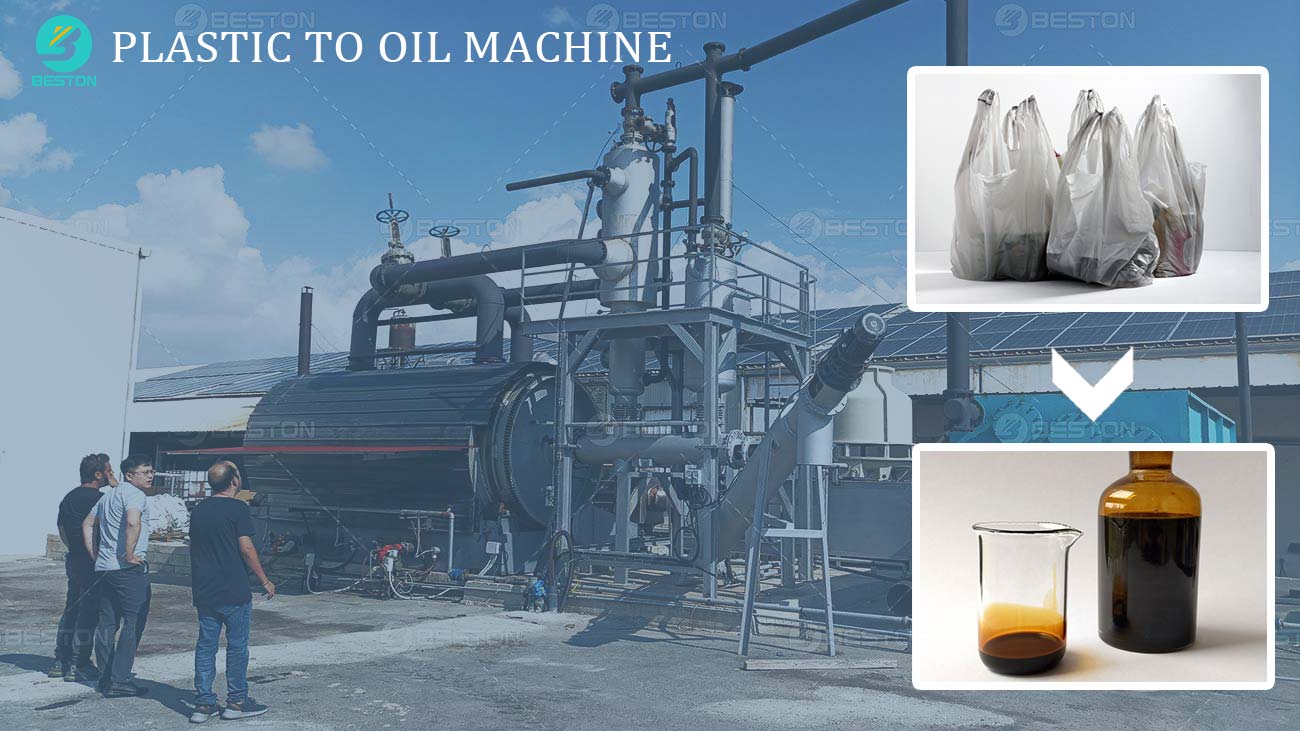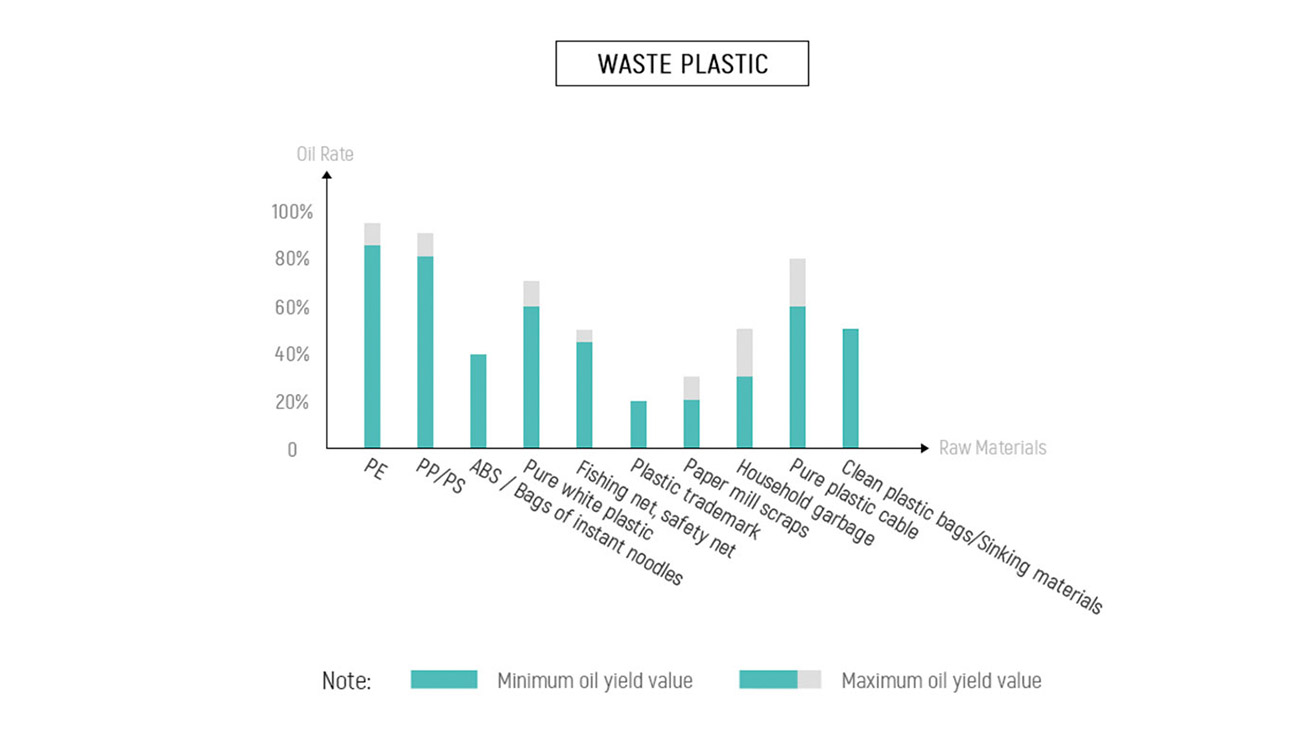In the realm of environmental sustainability, the plastic pyrolysis machine emerges as a beacon of innovation, offering a solution to the burgeoning issue of plastic waste. As governments worldwide grapple with the pressing need to reduce plastic pollution and transition towards a circular economy, various support mechanisms and incentive policies have been devised to bolster the development and adoption of plastic pyrolysis technologies.
Financial Assistance and Tax Incentives
Government support for the plastic pyrolysis business manifests in multifaceted forms, ranging from financial assistance to regulatory frameworks aimed at fostering an enabling environment for innovation and investment. One prominent avenue through which governments extend their backing is through financial grants and subsidies tailored specifically for plastic pyrolysis ventures. These grants serve as a crucial lifeline, providing startups and established enterprises alike with the necessary capital to kickstart operations, invest in cutting-edge pyrolysis machine, and scale their businesses sustainably.
Moreover, governments often incentivize the adoption of plastic pyrolysis technologies through tax credits and deductions. By offering tax incentives to companies that embrace pyrolysis as part of their waste management strategies, governments not only encourage eco-friendly practices but also stimulate economic growth within the waste-to-energy sector. Such fiscal measures not only alleviate the financial burden on plastic pyrolysis operators but also signal governmental commitment to driving the transition towards a greener, more sustainable future.

Regulatory Frameworks and Compliance Standards
Furthermore, regulatory frameworks play a pivotal role in shaping the landscape for plastic pyrolysis businesses. Governments enact policies and standards governing waste management practices, emissions control, and environmental sustainability, thereby ensuring that pyrolysis operations adhere to stringent quality and safety protocols. By establishing clear guidelines and compliance requirements, regulatory bodies instill confidence in investors and consumers alike, bolstering the credibility and viability of plastic pyrolysis ventures.
Research and Development Initiatives
In addition to financial and regulatory support, governments actively promote research and development initiatives aimed at advancing plastic pyrolysis technologies. By allocating funding towards R&D projects focused on enhancing the efficiency, scalability, and environmental friendliness of plastic pyrolysis machine, governments catalyze innovation within the sector, paving the way for breakthroughs that promise to revolutionize the waste-to-energy landscape.

Collaboration and Knowledge Exchange
Moreover, governments often collaborate with industry stakeholders, academic institutions, and research organizations to facilitate knowledge exchange and technology transfer in the field of plastic to oil plant. Through partnerships and collaborative initiatives, governments foster a culture of innovation and collaboration, driving continuous improvement and knowledge dissemination within the pyrolysis ecosystem.
Public Procurement Policies
Furthermore, governments leverage public procurement policies to create market demand for plastic pyrolysis products and services. By prioritizing the procurement of recycled materials derived from pyrolysis processes in public infrastructure projects, governments stimulate demand for pyrolysis-derived products, thereby incentivizing investment in pyrolysis infrastructure and driving market growth.
Streamlined Regulatory Processes
Additionally, governments may offer preferential treatment to plastic pyrolysis businesses in regulatory processes, permitting expedited permitting procedures or streamlined approval processes for pyrolysis projects. By reducing bureaucratic barriers and administrative hurdles, governments facilitate the timely implementation of plastic pyrolysis initiatives, enabling operators to swiftly bring their projects to fruition and capitalize on market opportunities.
In conclusion, government support and incentive policies play a pivotal role in fostering the growth and development of the plastic pyrolysis business. Through financial grants, tax incentives, regulatory frameworks, research funding, collaborative initiatives, and public procurement policies, governments empower pyrolysis operators to innovate, invest, and thrive in the burgeoning waste-to-energy sector. As governments continue to prioritize environmental sustainability and circular economy principles, the plastic pyrolysis industry stands poised to play a pivotal role in reshaping the future of waste management and energy production on a global scale. Interested in learning more? Head over to Beston Group for a detailed overview.